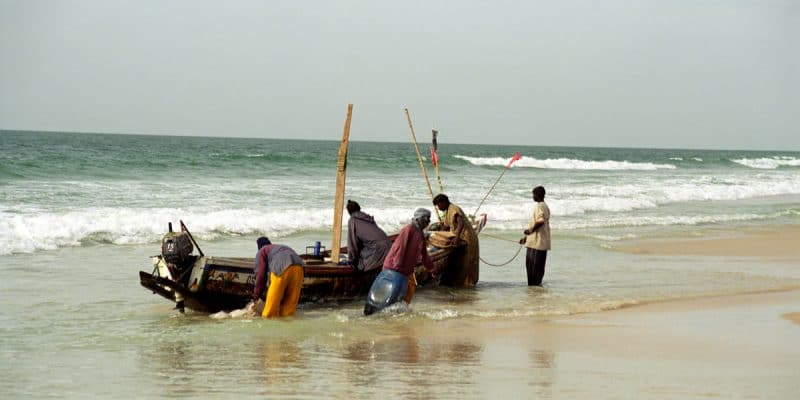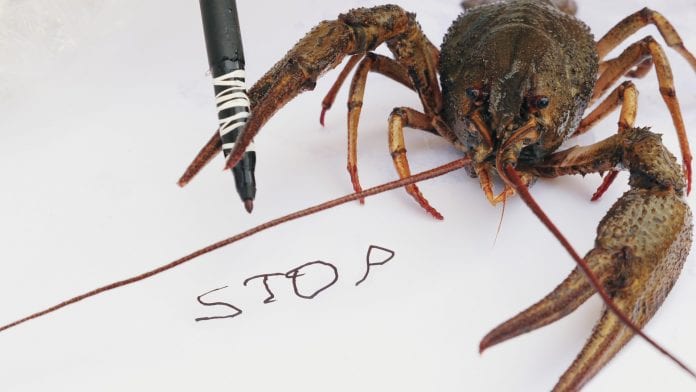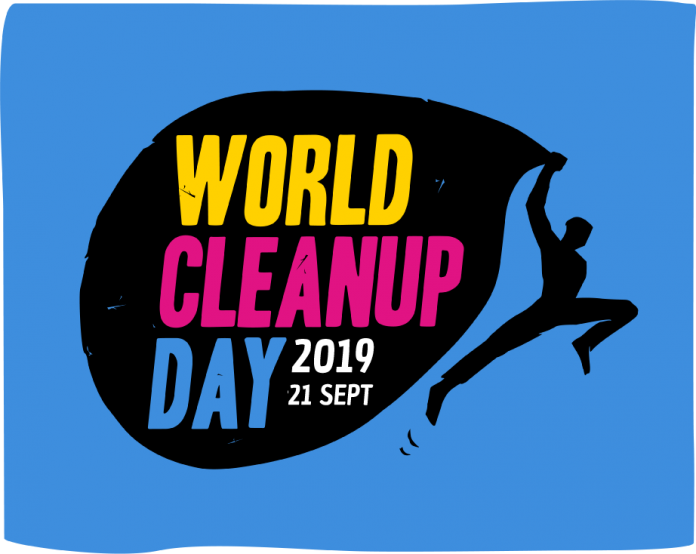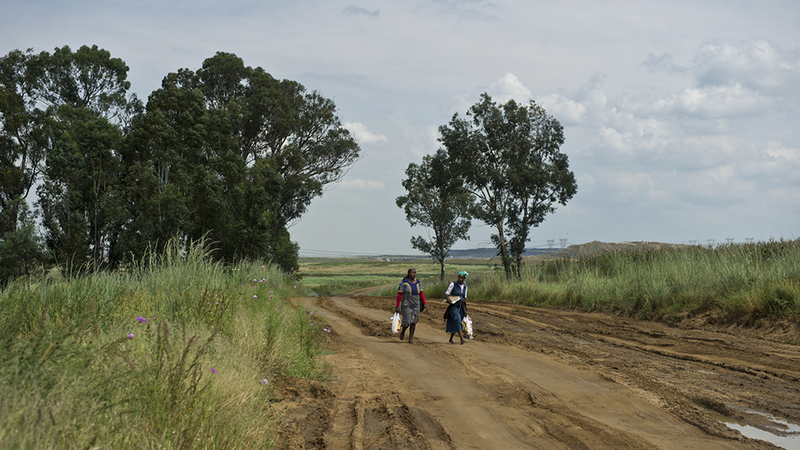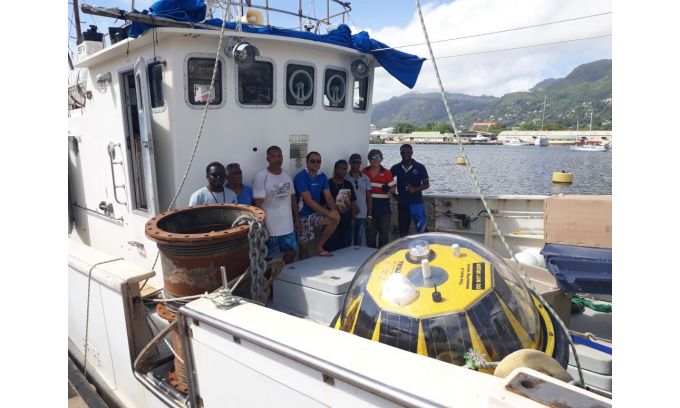The latest results of the International Panel on the Oceans are much more alarming than those of August 2019. The report published from Monaco on September 25, 2019, indicates that pollution is degrading the seas and oceans more strongly and more rapidly than expected. Acidification of waters will have several consequences for Africa, including a 40% decline in its fish stock.
Scientists believe increased plastic in our oceans has encouraged the spread of invasive species in a number of bodies of water.
A Newcastle-based ecologist has raised major concerns about a project that aims to clean up plastic in the Pacific Ocean.
The Great Pacific Garbage Patch is among the most alarming examples of plastic pollution in the world.
Kenyans will be among millions of people in over 150 countries who will Saturday stand up against global waste pollution by cleaning up cities, towns, community neighbourhoods, estates, parks, rivers, forests, and beaches to mark the World Clean-up day.
Biodiversity loss, water crises, alien invasive plants and climate change remain the top concerns of the World Economic Forum. It is more urgent now than ever before to find tried and tested mechanisms that are key for mitigation, adaptation and a resilient future.
In this regard, more than 850 delegates from 80 countries will land in Cape Town on September 22 to attend the International Ecological Restoration Conference.
As part of the Monitoring for Environment and Security in Africa (MESA) programme, funded by the European Union and implemented by Mauritius Oceanography Institute (MOI), MSI was awarded a contract for the installation of AXYS TRIAXYS directional wave buoys in Comores, Seychelles and Madagascar.

